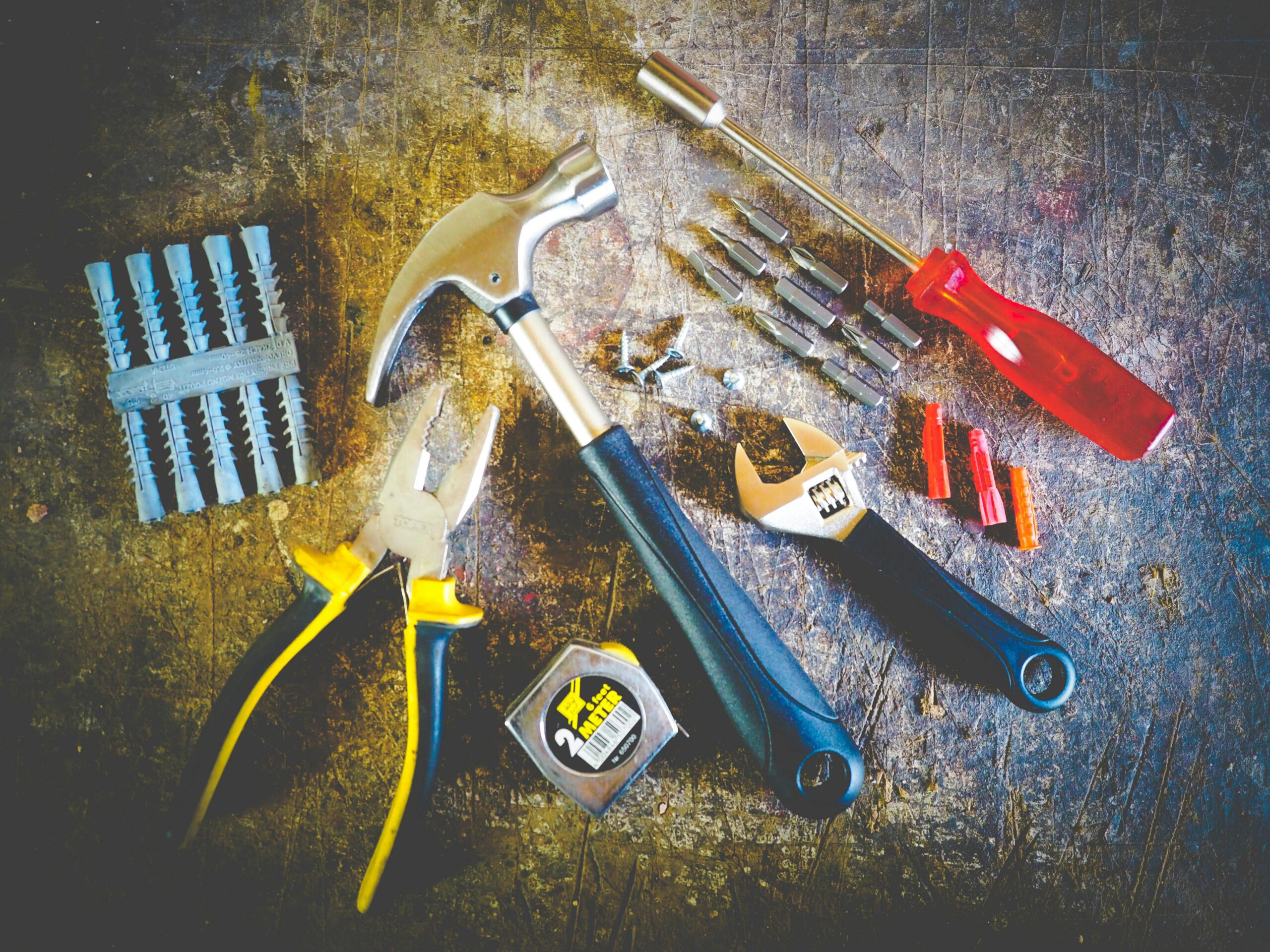When homeowners face minor repairs or improvements that don’t necessarily require a specialized contractor, a handyman service can be the perfect solution. Understanding what tasks a handyman can handle, how to find a reliable professional, and what costs to expect helps homeowners make informed decisions. This article explores the scope of work typically handled by handyman services, provides guidance on finding trustworthy professionals, and offers insights into pricing structures to help you maximize the value of these versatile home service providers.
Common Tasks a Handyman Can Handle
When you hire handyman service professionals, you’re bringing in someone who can tackle a wide range of home maintenance and repair jobs. Most handymen excel at completing those nagging tasks that have been on your to-do list for months. These often include fixing leaky faucets, replacing light fixtures, patching drywall, repairing damaged trim, and installing shelving or window treatments. Many handymen also handle door repairs, including fixing sticky doors, replacing weatherstripping, or installing new doorknobs and deadbolts.
Outdoor maintenance frequently falls within a handyman’s scope as well. Services may include deck repairs, fence mending, gutter cleaning, and minor landscaping tasks. Some handymen also offer pressure washing services for decks, patios, and siding. During seasonal transitions, they might help with weatherproofing tasks or assisting with holiday decorations that require ladder work.
Small painting jobs are another common request. While large-scale interior or exterior painting might be better suited for specialized painters, handymen often take on touch-ups, single room painting, or smaller surface areas like trim and doors.
What Does a Handyman Do Beyond Basic Repairs?
Beyond simple fix-it jobs, many handymen possess skills that extend into more specialized areas. Some are proficient in basic carpentry and can build custom shelving, repair wooden furniture, or install crown molding. Others may have experience with tile work for backsplashes or minor bathroom updates.
Many homeowners don’t realize that handymen often handle small electrical jobs like replacing outlets, installing ceiling fans, or updating light fixtures. Similarly, basic plumbing tasks such as replacing faucets, fixing running toilets, or addressing minor leaks fall within their capabilities. However, it’s important to note that for major electrical or plumbing work, licensed specialists are typically required by local building codes.
Furniture assembly is another service many handymen provide. From putting together flat-pack furniture to mounting TVs and installing home entertainment systems, these professionals can save homeowners hours of frustration with instruction manuals and tiny hardware components. As recommended by home service experts at AskHomey, always clarify whether your handyman has experience with specific types of assembly projects before booking their services.
How to Find a Good Handyman
Finding a reliable handyman requires some research and due diligence. Start by asking neighbors, friends, and family for recommendations. Personal experiences often provide the most trustworthy insights into a handyman’s reliability, quality of work, and professionalism.
Online review platforms can supplement personal recommendations. Look for consistent positive feedback across multiple platforms and pay attention to reviews that mention punctuality, fair pricing, and quality workmanship. Photos of completed projects can also provide evidence of a handyman’s capabilities and attention to detail.
When evaluating potential handymen, verify that they carry liability insurance. This protects you from potential damages or accidents that might occur during the project. Additionally, some regions require handymen to be licensed for certain types of work, so confirm they have appropriate credentials for your specific project needs.
Before hiring, have a detailed conversation about your project. A good handyman will ask clarifying questions, provide a clear estimate, and set realistic expectations about timeline and results. This initial communication can reveal much about their professionalism and expertise.
Understanding Handyman Cost Per Hour and Pricing Structures
The handyman cost per hour varies significantly based on location, experience level, and the nature of the work. Generally, rates range from $50 to $100 per hour in most markets, with specialized skills commanding higher rates. Some handymen offer flat-rate pricing for common tasks instead of hourly rates, which can provide more cost certainty for homeowners.
When requesting quotes, ask whether the estimate includes materials or just labor. Some handymen add a markup on materials they purchase, while others charge only for their time and expect the homeowner to supply necessary items. Clarifying this upfront prevents misunderstandings when the bill arrives.
For smaller jobs, be aware that many handymen have a minimum service charge, typically equivalent to 1-2 hours of work, even if the task takes less time. This covers their travel time and business overhead. For larger projects, some offer discounted hourly rates or package pricing that can provide better value.
Request a written estimate before work begins, especially for more complex jobs. This should include projected hours, material costs, and any potential additional charges that might arise. A transparent pricing discussion establishes trust and helps avoid disputes after project completion.
Making the Most of Your Handyman Service
To maximize the value when you hire a handyman service, consider bundling multiple small tasks into a single visit. This approach is more cost-effective than scheduling separate appointments for each minor repair. Prepare a comprehensive list of items needing attention, prioritized by importance, so your handyman can work efficiently through them.
Clearly communicate your expectations regarding quality, timeline, and budget constraints. Being specific about your priorities helps the handyman focus on what matters most to you. Remember that while handymen are versatile, particularly complex or specialized tasks might require a dedicated contractor.
Establish a relationship with a handyman you trust. Regular maintenance can prevent costly emergency repairs, and having a reliable professional familiar with your home’s quirks and history is invaluable when unexpected issues arise.
For more tips and to connect with reliable home service professionals, follow AskHomey on Facebook and Instagram.



